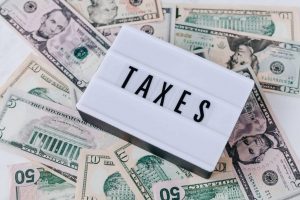Best Retirement Plans
A good retirement plan is built on mutual trust between you and your employer. That’s why it’s crucial to make sure your employer is offering a plan that best suits your needs. Most employers offer three types of plans: 401(k), 403(b), and traditional pension plans. Before you sign up, make sure your employer offers either a 401(k) or 403(b) with matching funds. If your employer offers a traditional pension plan — not all do — ensure it meets IRS guidelines. Once you’ve determined what type of plan your company offers, make sure to learn about its specific benefits and limits.
For example, some companies may cap their matching percentage at 3 percent; others may cover any amount over 5 percent. And while most companies match dollar-for-dollar from 1 percent to -6 percent, other companies only match contributions from 2 percent to -3 percent. Finally, don’t forget that many companies allow participants to take loans against their accounts or withdraw early without incurring penalties.
Best 401k Plans
Best Pension Plans
There are two main types:
- defined-benefit
- defined-contribution plans.





